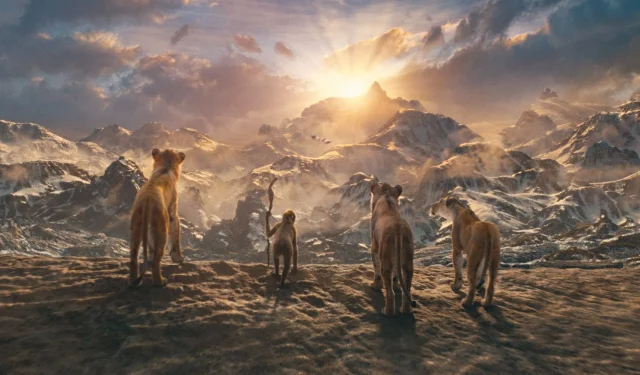
Important Note: The following article contains spoilers for Mufasa: The Lion King.
Since its release earlier this month, Mufasa: The Lion King has made waves, garnering mixed reviews from critics yet capturing the interest of viewers. Mufasa, richly portrayed with wisdom, compassion, and fatherly strength, remains a treasured character in the Disney universe and plays a pivotal role in the legacy of the iconic The Lion King, which has enchanted audiences since its 1994 premiere.
This live-action prequel came with high expectations, as it aims to deepen the narrative surrounding Simba’s father, offering fresh insights into his ascent as a ruler and his relationship with Scar, his brother. The film reveals the complexities of both characters, showcasing Mufasa (voiced by Aaron Pierre) and Scar (Kelvin Harrison Jr.) not merely as rivals, but as brothers with a shared history that adds profound emotional layers to the original tale.
8. Mufasa Is a King By Choice, Not Blood
Mufasa Earned His Title as a King
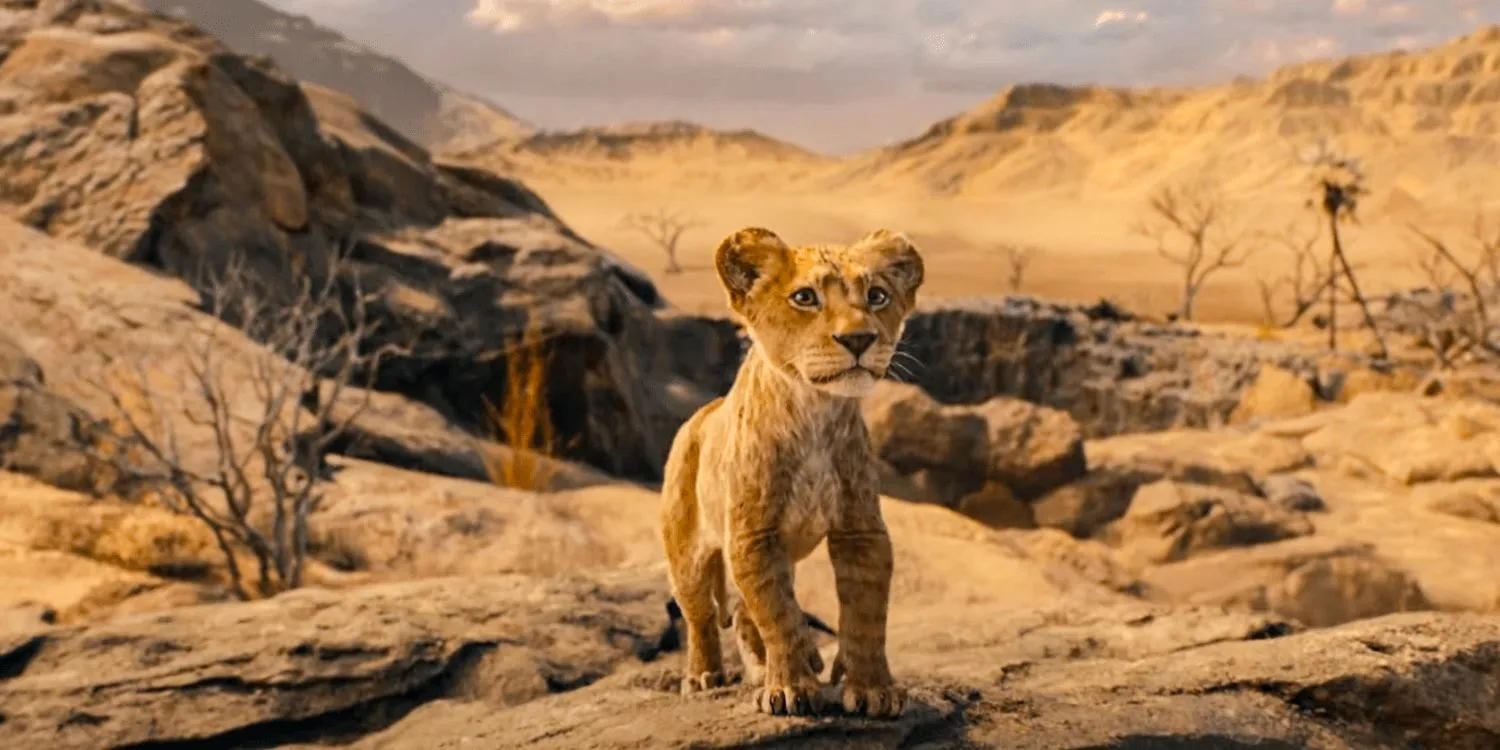
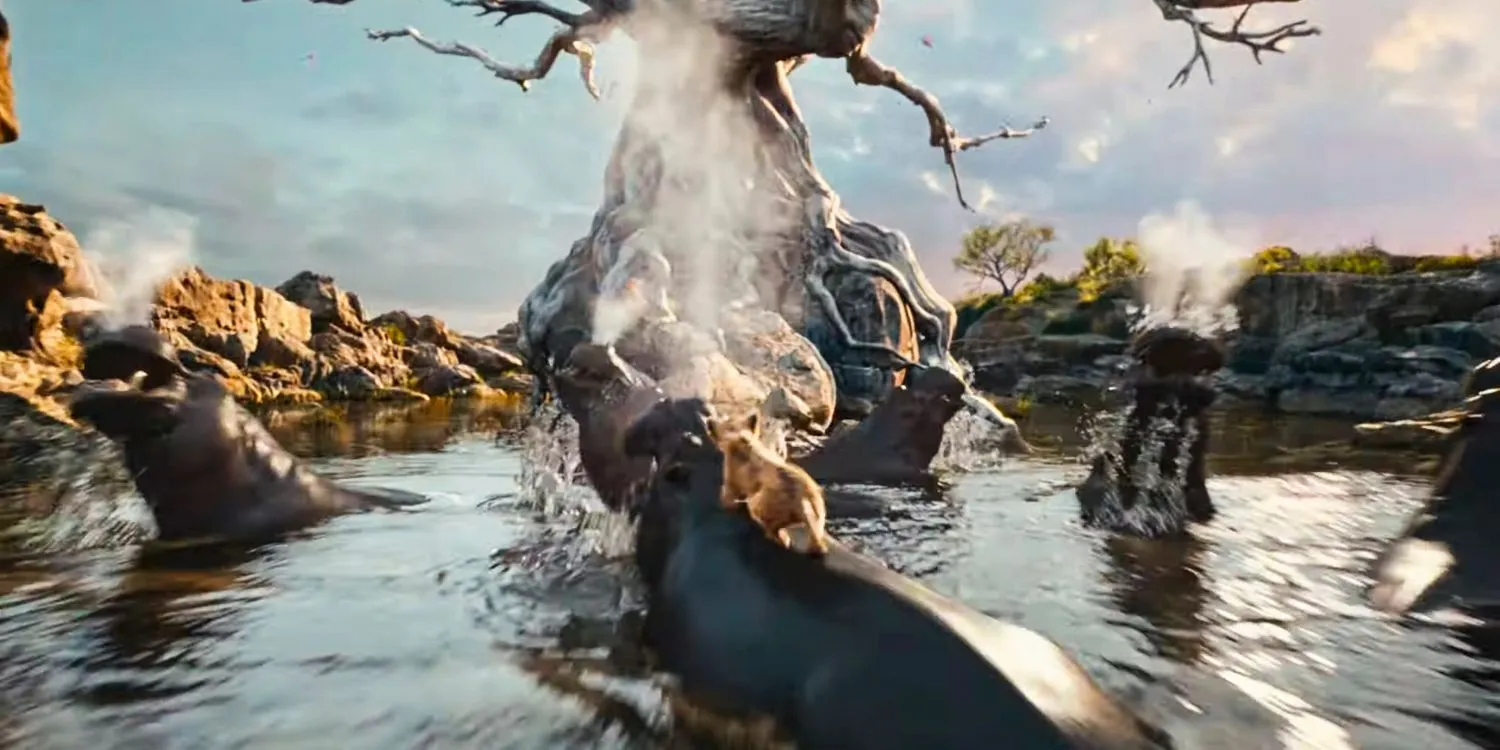
The film sheds light on Mufasa’s roots, revealing that he was not born into royalty. Instead, he began life as an ordinary cub belonging to a small pride, burdened by the trials of a famine. This portrayal offers a striking contrast to the expectation of an idyllic upbringing.
Portrayed as a character who achieved greatness through resilience and virtue, Mufasa’s leadership emerges not from hereditary privilege but from a deep-seated commitment to protect his pride. His journey from a humble origin to a revered king highlights that true leadership is cultivated through experience and compassion rather than entitlement.
7. The Pride Lands: A Myth to Mufasa
Milele: An Enigmatic Dream
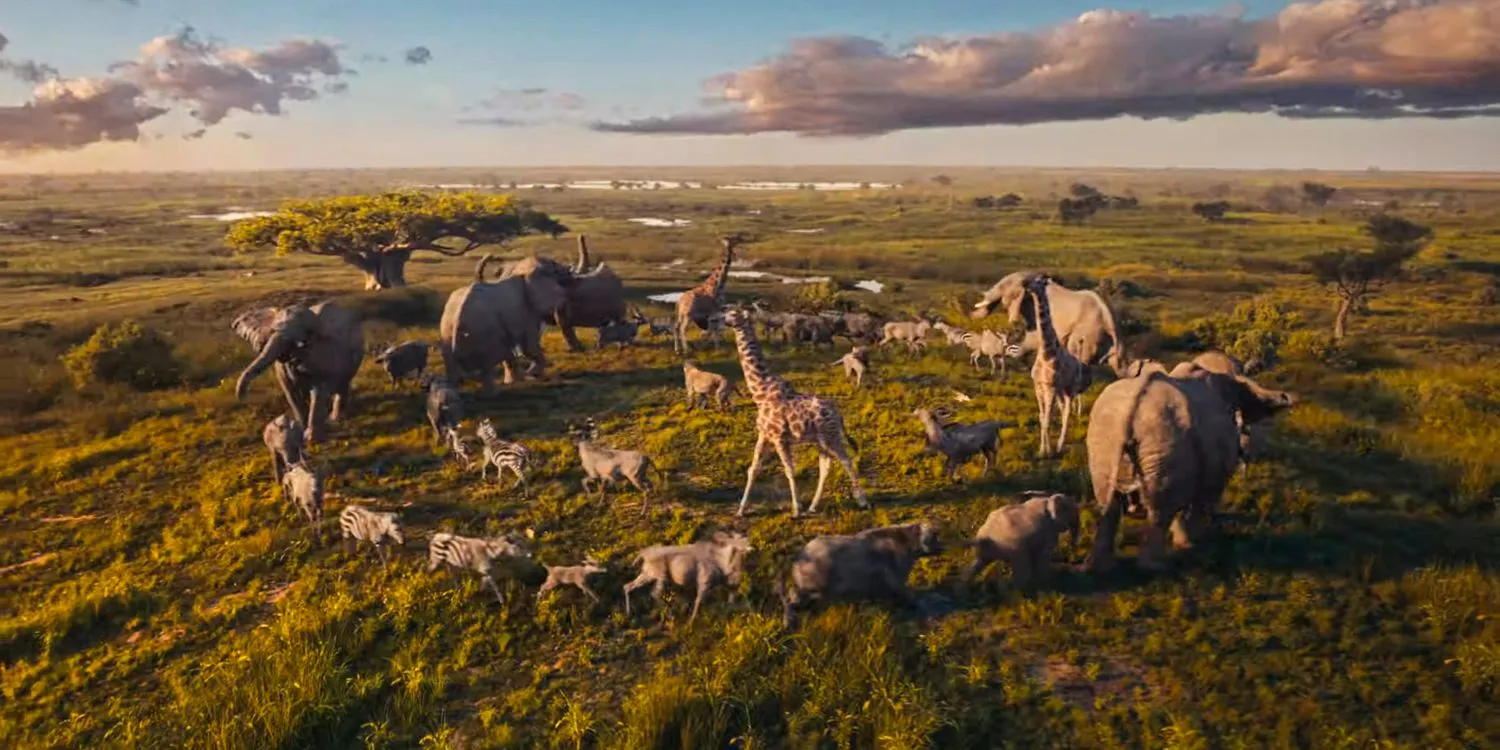
In the original The Lion King, the Pride Lands is depicted as a harmonious paradise. However, this prequel explores Mufasa’s belief in Milele—an almost mythical land that seemed unattainable yet served as his driving force. The realization of this dream reflects not merely a physical journey but a profound vision shaped by hope and perseverance.
6. Mufasa Didn’t Aspire to be a King
Some of the Best Leaders Do Not Seek Power
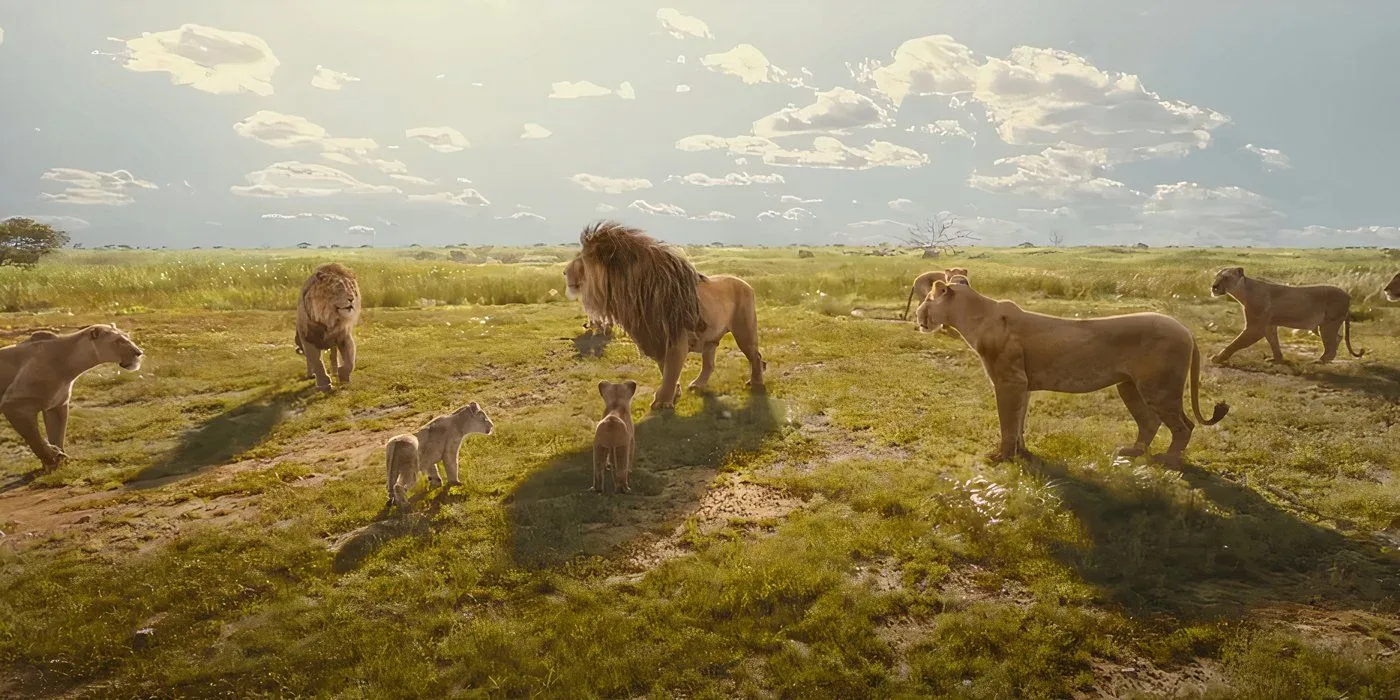
Interestingly, the film indicates that Mufasa had little interest in kingship at first. Driven by goals such as honing his hunting skills and safeguarding his brother, he initially resists the notion of leadership despite being seen as a natural leader by others.
This reluctance underscores his eventual ascension to the throne, emphasizing that noble leaders often rise not from ambition but out of a sense of duty and responsibility. Mufasa’s humility showcases a profound trait that guided him towards self-discovery and altruism.
5. Mufasa & Scar: A Chosen Brotherhood
The Lions Chose Each Other as Brothers
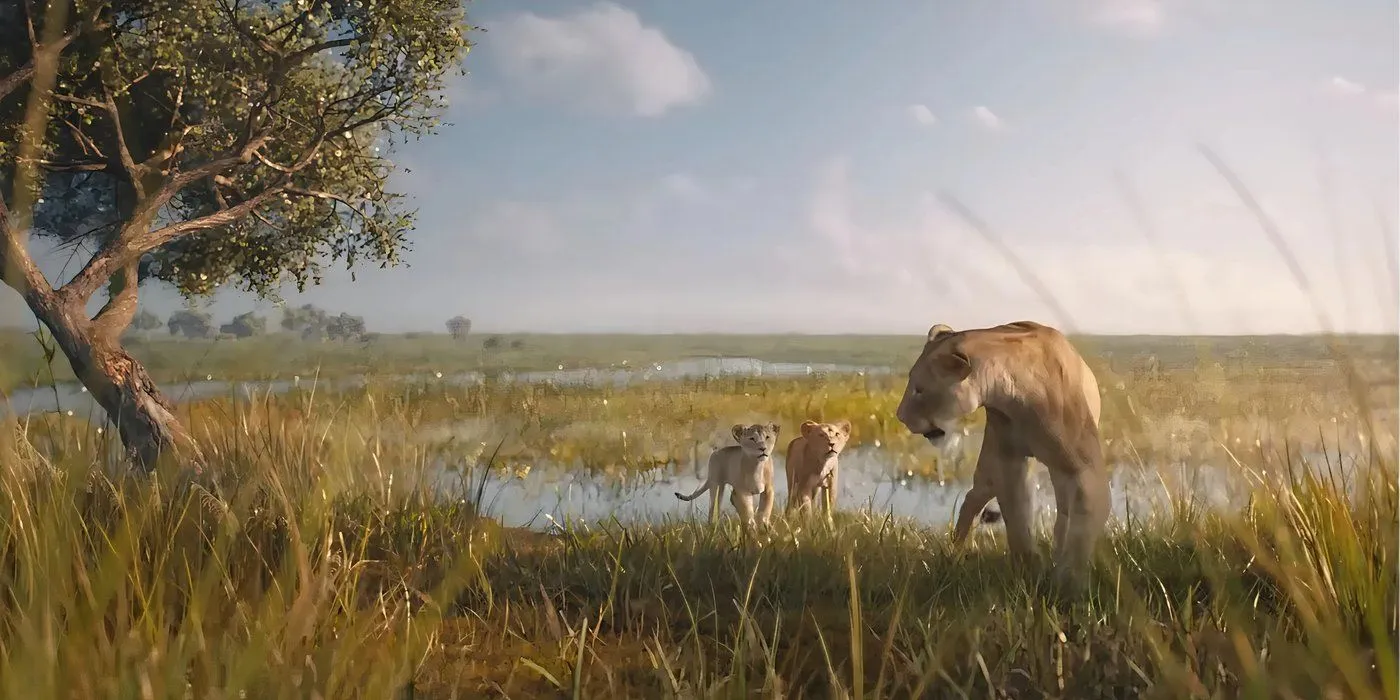
Revisiting the dynamic between Mufasa and Scar presents a surprising twist. While many believe they are biological brothers, the prequel clarifies that they have chosen each other, emphasizing the depth of their bond. This revelation transforms the narrative, as Scar’s eventual betrayal is underlined by the weight of an emotional choice rather than mere familial rivalry.
4. Scar’s Journey of Love
Scar Once Truly Loved Mufasa
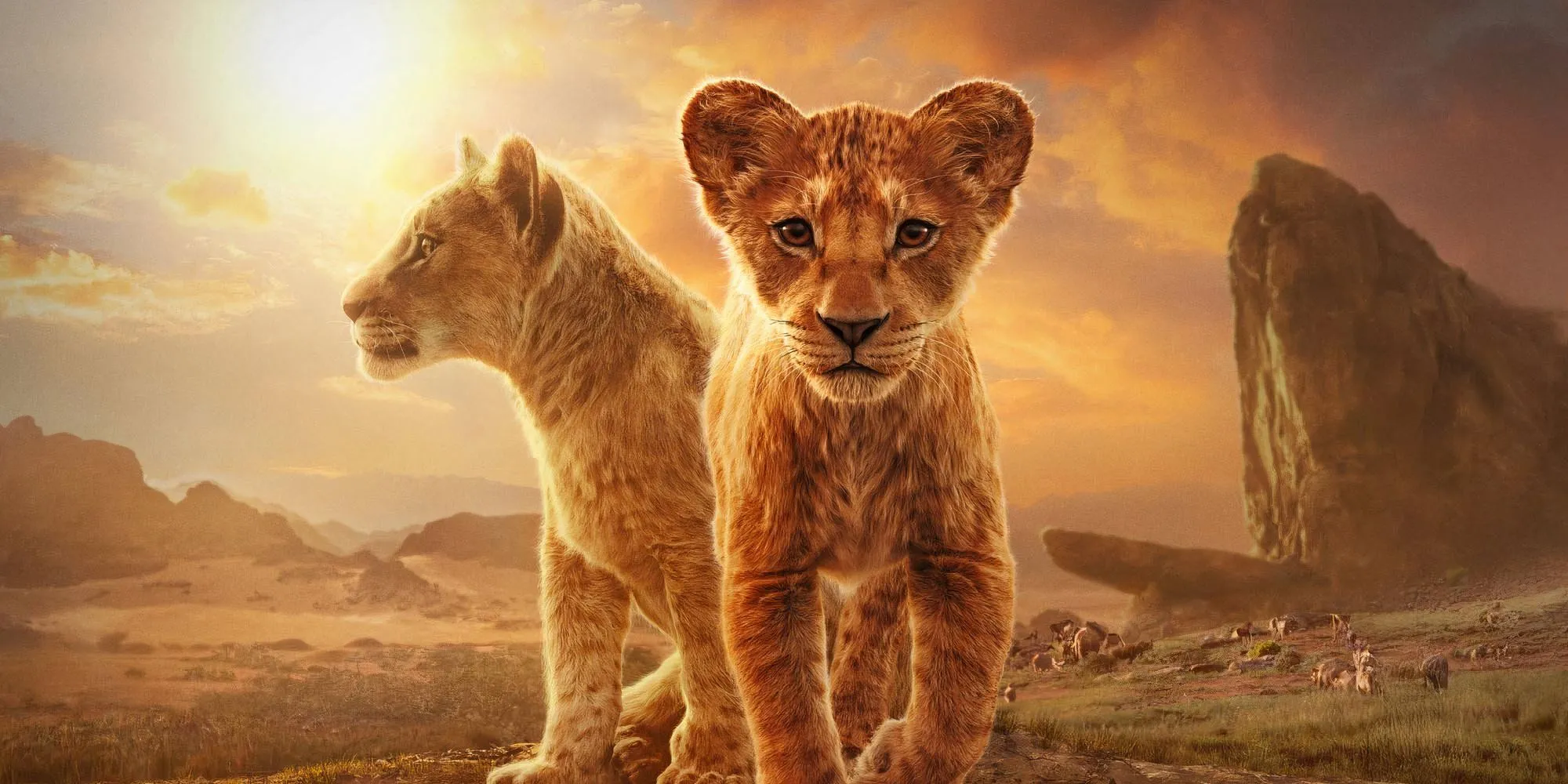
Scar, originally called Taka in the film, is depicted as having a genuine affection for Mufasa. Specific moments illustrate his love and support rather than jealousy, showcasing a nuanced perspective on his character—a complex blend of inner turmoil and insecurity that evolves into resentment.
3. Scar’s Unexpected Act of Heroism
Scar Set Off His Own Destiny
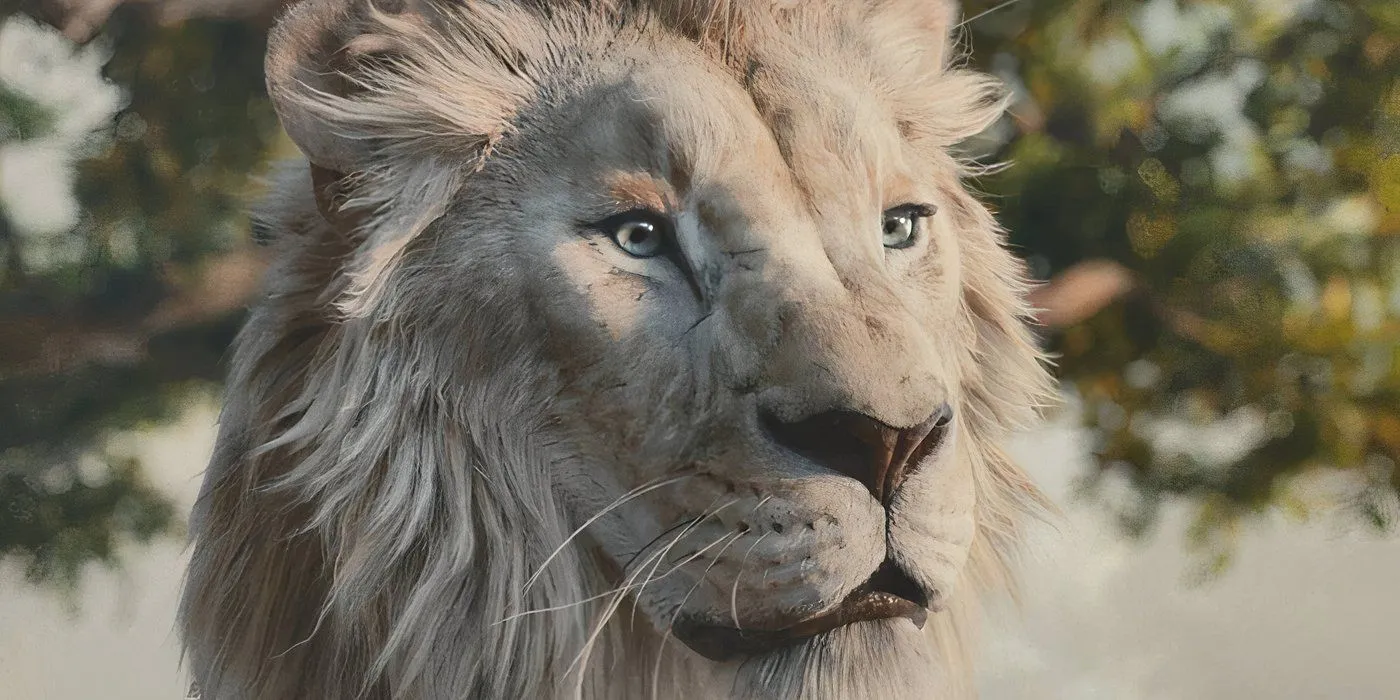
In a compelling twist, Scar not only aids Mufasa in perilous moments but also undermines the traditional narrative that paints him purely as a villain. Scar’s actions, including his selfless act of rescue, reveal an intricate web of motivations that complicate the audience’s understanding of loyalty, betrayal, and destiny.
2. Mufasa’s Heartfelt Love for Sarabi
Mufasa & Sarabi: A Profound Bond
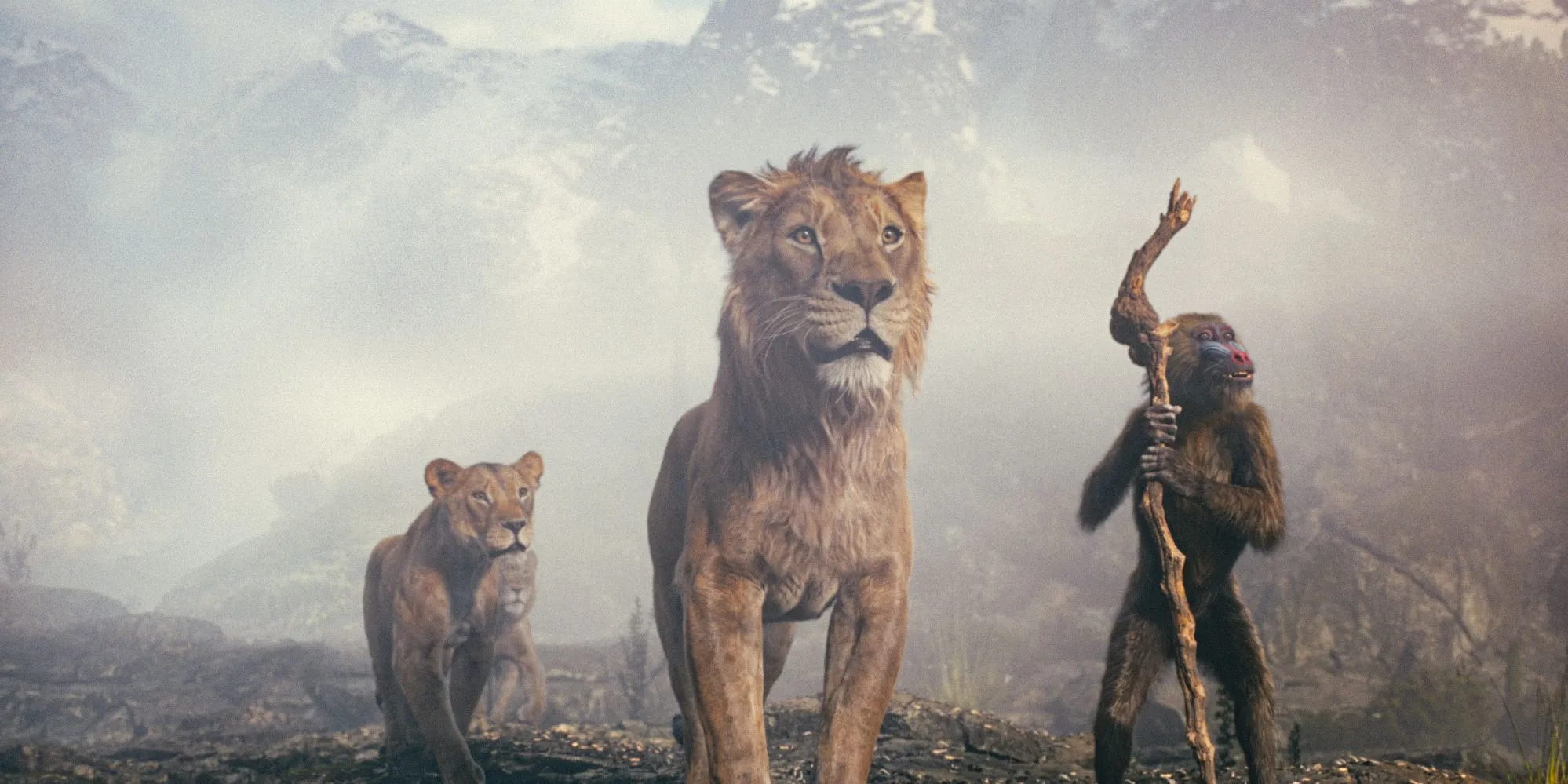
The expansion of Mufasa’s relationship with Sarabi presents a rich narrative about love and partnership. Their union becomes a powerful force in Mufasa’s journey, filled with mutual respect and growth, shaping the leader he becomes. Sarabi embodies the support system that empowers Mufasa, a testament to the strength found in their bond that deepens their shared destinies.
1. Scar: The True Heir
Scar Was the Son of the King
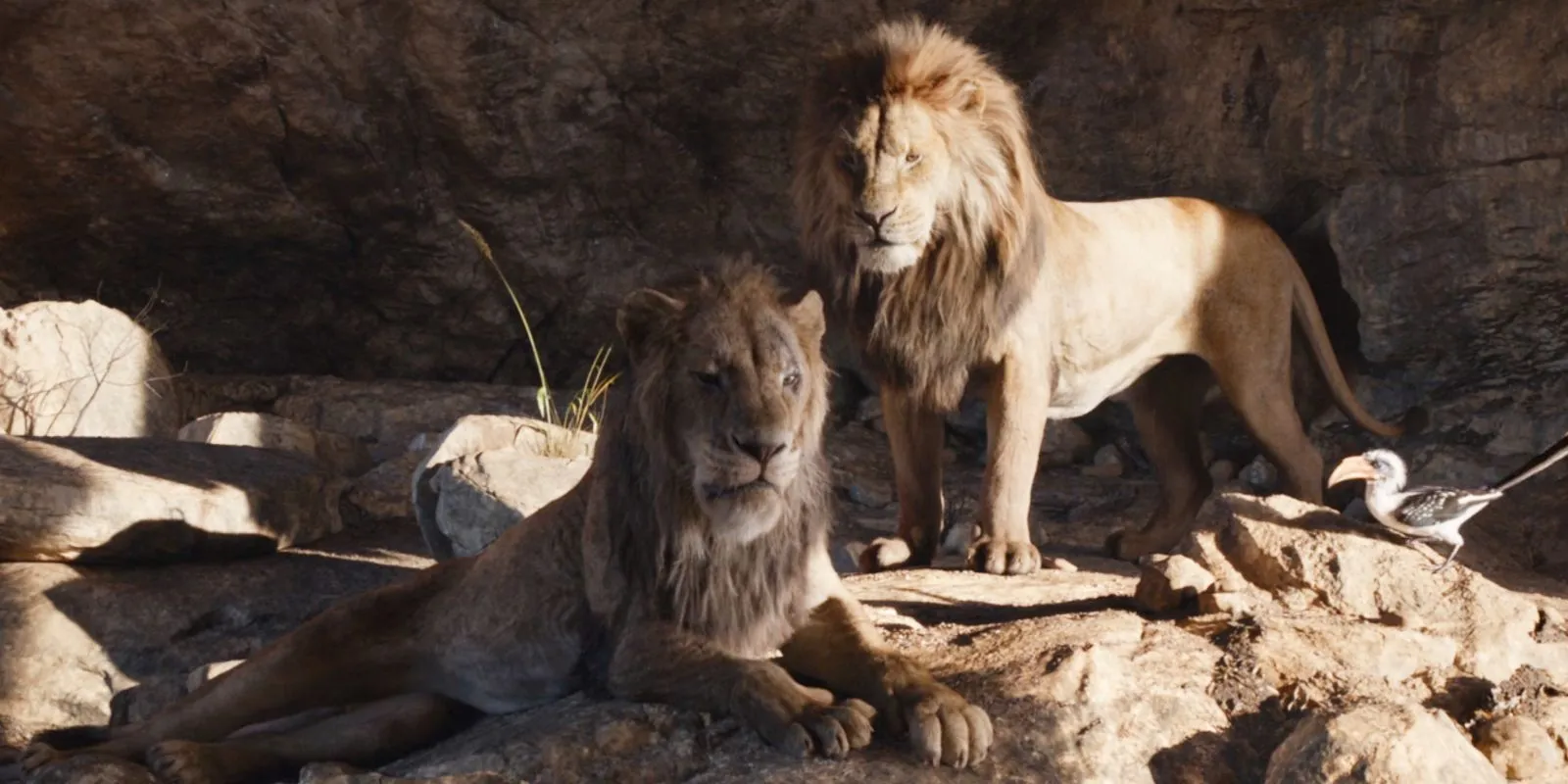
The prequel reveals that Scar was initially the rightful heir to the throne, a revelation that widens the lens through which his actions are viewed. Scar’s sense of injustice and resentment stem from being cast aside after Mufasa was chosen instead, despite Scar’s noble lineage and rightful claim.
This fresh perspective presents Scar not merely as a villain, but as a tragic figure whose struggle with identity, rejection, and envy drives a wedge between him and his brother. The narrative reframes both Scar and Mufasa in a light that enhances the complexity and depth of their relationship.




Leave a Reply